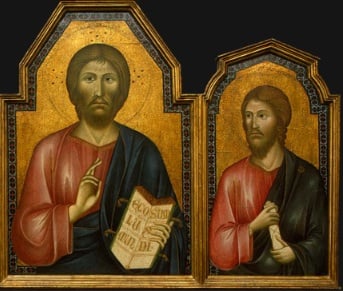 For James, who once again sounds like his older brother, kow-towing to the rich is not what they learned from Jesus, it is not theologically sound, and furthermore it simply doesn’t make sense.
For James, who once again sounds like his older brother, kow-towing to the rich is not what they learned from Jesus, it is not theologically sound, and furthermore it simply doesn’t make sense.
2:5 Listen,
my dear brothers: Has not God chosen those who are poor in the eyes of
the world to be rich in faith and to inherit the kingdom he promised
those who love him? 6 But
you have insulted the poor. Is it not the rich who are exploiting you?
Are they not the ones who are dragging you into court? 7 Are they not the ones who are slandering the noble name of him to whom you belong?
From Jesus, James learned that the poor were blessed and the rich were cursed (Luke 6:20-26). James has already same much the same thing (1:9-11). James now adds a theological argument and a profoundly pragmatic argument:
Theologically, James observes that God — and this could go straight back to Jesus’ beatitudes — has chosen the poor to be rich in faith. I don’t know how much we are to make here of election, especially as it was developed in Protestant theology, but he clearly speaks of God electing the poor. In God’s designs, the poor have been chosen to be rich in faith. They, and here again he sounds like the beatitude of Luke 6:20, are chosen to inherit the kingdom of God.
God promises that kingdom to those who love him. This probably derives from the Shema, the daily recital by observant Jews of Deut 6:4-5.
All of this is rooted in a sharp contrast between “world” and “kingdom.” In James, what does “world” mean?

